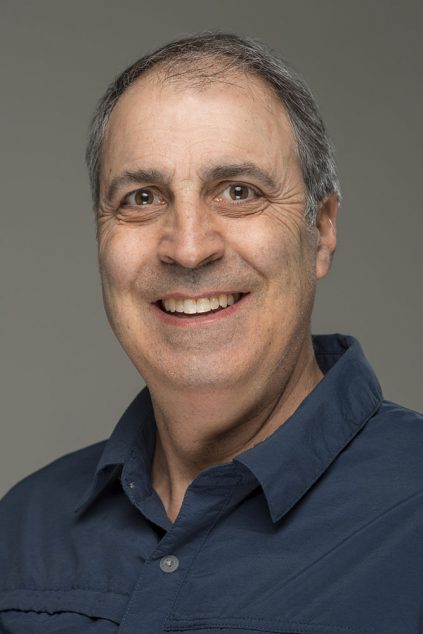William DeSisto
- B.S. Chemical Engineering, University of Rhode Island, 1986
- Ph.D. Engineering, Brown University, 1989
Current Research Interests
Anyone who has been camping knows about thermal conversion of woody biomass. Here, the product is energy which gives off heat. This is great if you want to warm your home, however harnessing this energy to run a car or to fly an airplane presents quite a different challenge.
Our objective is to develop processes that transform the chemicals that constitute wood, into chemicals that can be used as transportation fuels and commodity chemicals. Our initial step in that transformation involves breaking down the wood by heating it under controlled conditions.
Heating wood, or any biomass, under controlled conditions produces three primary products: char, an aerosol that can be condensed into a liquid, and light gases. Depending on the processing conditions, the product distribution can be shifted to favor any of the three.
Char is a densified form of wood. The liquid and light gases can be further transformed into transportation fuels and chemicals primarily through catalytic processes. We are seeking to understand and develop efficient and economical approaches to transforming wood, wood waste, and biomass to transportation fuels and chemicals.
Projects
Pyrolysis of biomass
Fast pyrolysis is a process to liquefy biomass. The biomass is heated to an intermediate temperature (500°C) in the absence of oxygen. The product, bio-oil, typically contains significant oxygen and is unstable. Our approaches have focused on the pretreatment of biomass prior to fast pyrolysis to produce a less-oxygenated, more stable oil that is easier to upgrade into a transportation fuel.
Catalysts for Hydrodeoxygenation
To further transform bio-oil into a transportation fuel, much of the remaining oxygen must be removed. In addition, hydrogen must be added. This process, hydrodeoxgyenation (HDO) occurs over a catalyst in the presence of hydrogen. Novel catalysts are prepared, characterized and evaluated for their potential as HDO catalysts.
Collaborations with Chile
In December 2009 my family and I traveled to Concepción, Chile for a sabbatical at the Unidad Desarrollo Tecnológico (UDT). Since that time, I have maintained collaborations with Alex Berg, Cristina Segura and Nestor Escalona, a professor of Chemistry at the University of Concepción. Collaborations with UDT are currently focused on pyrolysis projects whereas the collaboration with Professor Escalona is focused on HDO catalysis.
Other Interests
I maintain several other interests outside of research. These include youth sports coach (basketball and baseball), Scouting leader, and all sorts of outdoor activities like hiking, canoeing and camping.
Selected Publications

